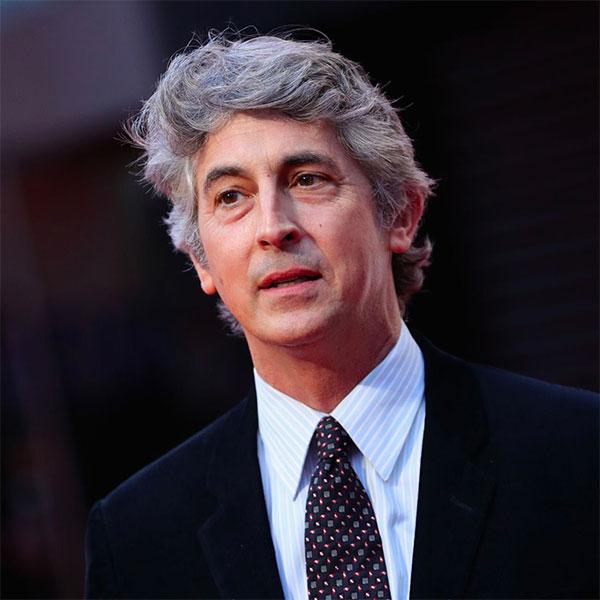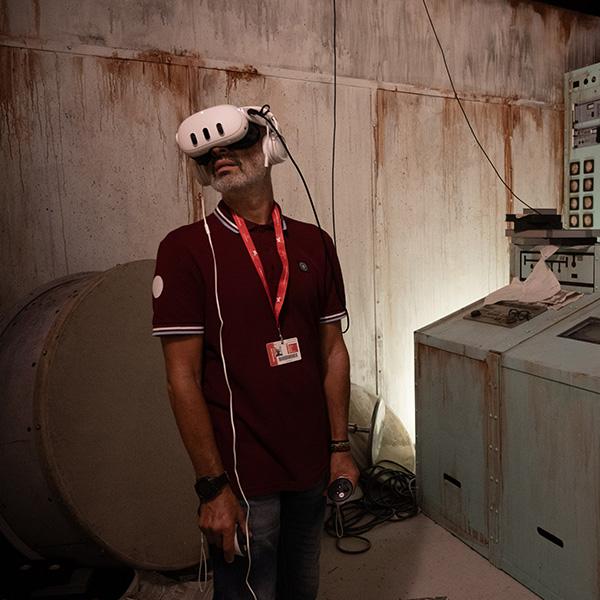A book of essays, interviews and data reviews the first 10 years of the laboratory for micro-budget films and VR works of La Biennale di Venezia.

Dieci - Biennale College Cinema 2012-22
To be presented on Saturday July 9th at the conference celebrating the 90th anniversary of the Venice International Film Festival (Library of the Historical Archives of La Biennale – Giardini).
10 years of Biennale College Cinema
The year 2022 marks the tenth anniversary of Biennale College Cinema, La Biennale di Venezia’s international laboratory for the creation of microbudget feature films (€ 150,000) and VR works (€ 60,000) by emerging filmmakers from all over the world. Since 2012, Biennale College Cinema and Virtual Reality have produced 83 audio-visual works, made by 83 teams consisting of a director and a producer, from 48 countries and every continent.
To celebrate, narrate and document this unique experience in the landscape of film festivals, La Biennale di Venezia has published Dieci – Biennale College Cinema 2012-22, a book that gathers essays by Roberto Cicutto, Paolo Baratta, Alberto Barbera, Savina Neirotti, Glenn Kenny, Stephanie Zacharek, Federica Polidoro, Michel Reilhac, Jane Williams, interviews with the filmmakers, data and figures for each of the projects produced or developed as part of the Biennale College Cinema.
The book will be presented in Venice on Saturday July 9th, at the Biennale Library (Giardini), during the opening session of the conference dedicated to the 90-year history of the Venice International Film Festival (10:30 am – 6 pm). For the historic celebration of this 90th anniversary, La Biennale also wishes to commemorate this “younger” anniversary for the Festival, which is however a more significant and successful component of its activity and identity over the past decade.
Recollections
In 2011, write Alberto Barbera and Savina Neirotti in their essay The Gamble: “Circling back to what concerns us more closely, we merely took note of the fact that European projects dedicated to the training of screenwriters, directors and producers were missing a pathway to actual hands-on production of début and sophomore works, in addition to tried-and-tested script development and market access strategies. (…)The word recurring most often in the various meetings was “micro-budget”. The lack, or dearth, of public funds was pushing many authors to find creative solutions to shooting feature films, spending weeks on end on set to make a proper movie, rather than the few days it takes to make a short. The projects elude originality: it was as if budget constraints had stimulated the skills and imagination of many. Often, established actors and actresses would take part in these films almost pro-bono, attracted by smart scripts and unusual roles. (…)The Biennale College Cinema project quickly took shape. With the encouragement of the President, by the end of January 2012, the project had taken on the main features that still set it apart today.”
“The Biennale College unlooses the tongues, so to speak, of filmmakers and allows them to speak as definitely and as radically as the filmmakers chose” writes Glenn Kenny in his essay The Life of Cinema. “And then La Biennale itself gives those films a screening. I’m always gratified to see enthusiastic audiences, sometimes representing home country contingents, turn out for Biennale College screenings. Once those screenings are through, the movies have to make their way out into the world. That in itself can be as much of a challenge as producing the films to begin with.”
“Filmmaking is not for the faint of heart”, writes Stephanie Zacharek in her essay The Biennale College Cinema: Together in the Dark, “and any project chosen for development in the Biennale College represents a test of a burgeoning director’s mettle. The pool of applicants is always large, numbering well over 1,000 and coming from all parts of the world. From those applicants, the festival picks three feature film proposals, funding each with 150,000 euros. Filmmakers must complete their films within that budget, and deliver a finished work within 10 months. While it’s an honour to be chosen for the Biennale College, it also means accepting a mission that requires rigor as well as passion. It’s exhilarating to be given money to make a movie, but the act of bringing any work of value into being always comes with stress and worry. Confidence and self-doubt may creep in, but there’s no time to stop and rest; maintaining momentum is key. And yet, if any of these filmmakers have suffered strain or anxiety, it has never showed in the work.”
Biennale College Cinema
Starting in 2022, the funding provided to produce the films selected by Biennale College Cinema has been increased to € 200,000 (€ 80,000 for VR works).
Biennale College Cinema, organized by La Biennale di Venezia, enjoys the support of the Ministry of Culture – Directorate General Cinema. Biennale College Cinema relies on the academic collaboration of the Gotham Film & Media Institute (previously known as IFP) and the TorinoFilmLab. The Director is Alberto Barbera, the Head of Programme Savina Neirotti.






